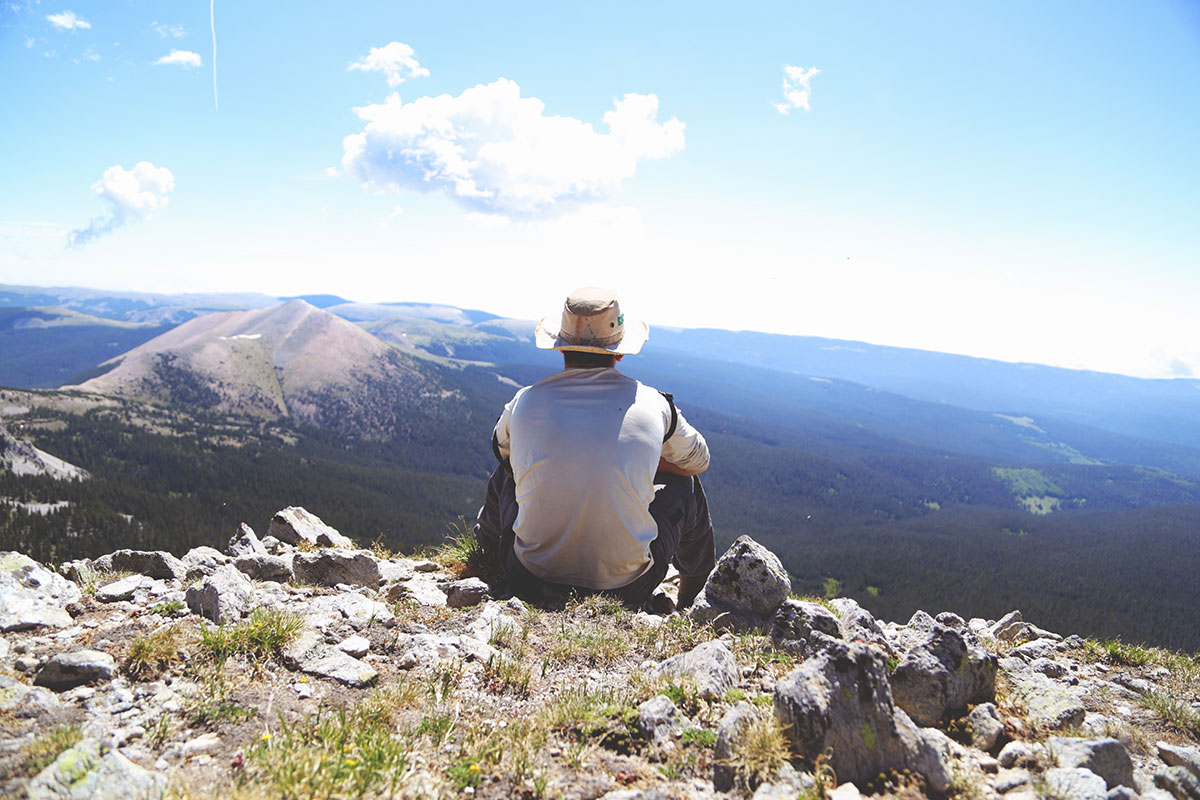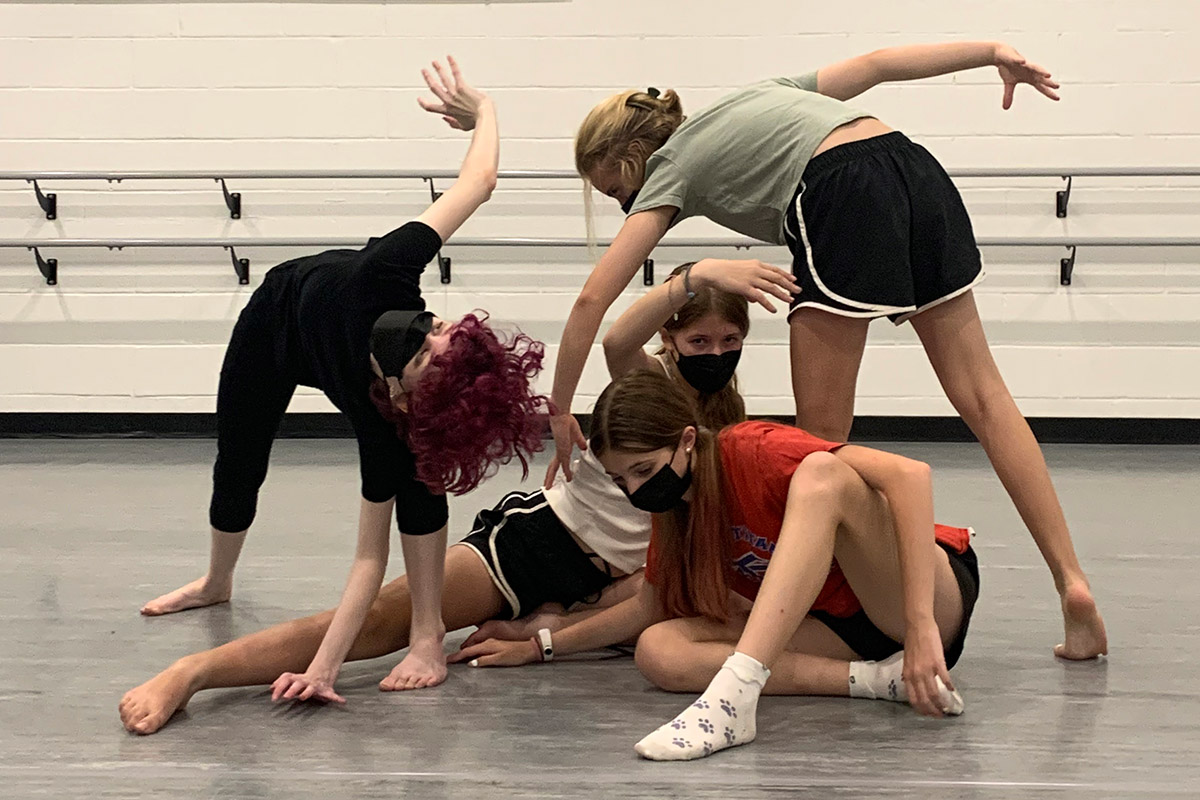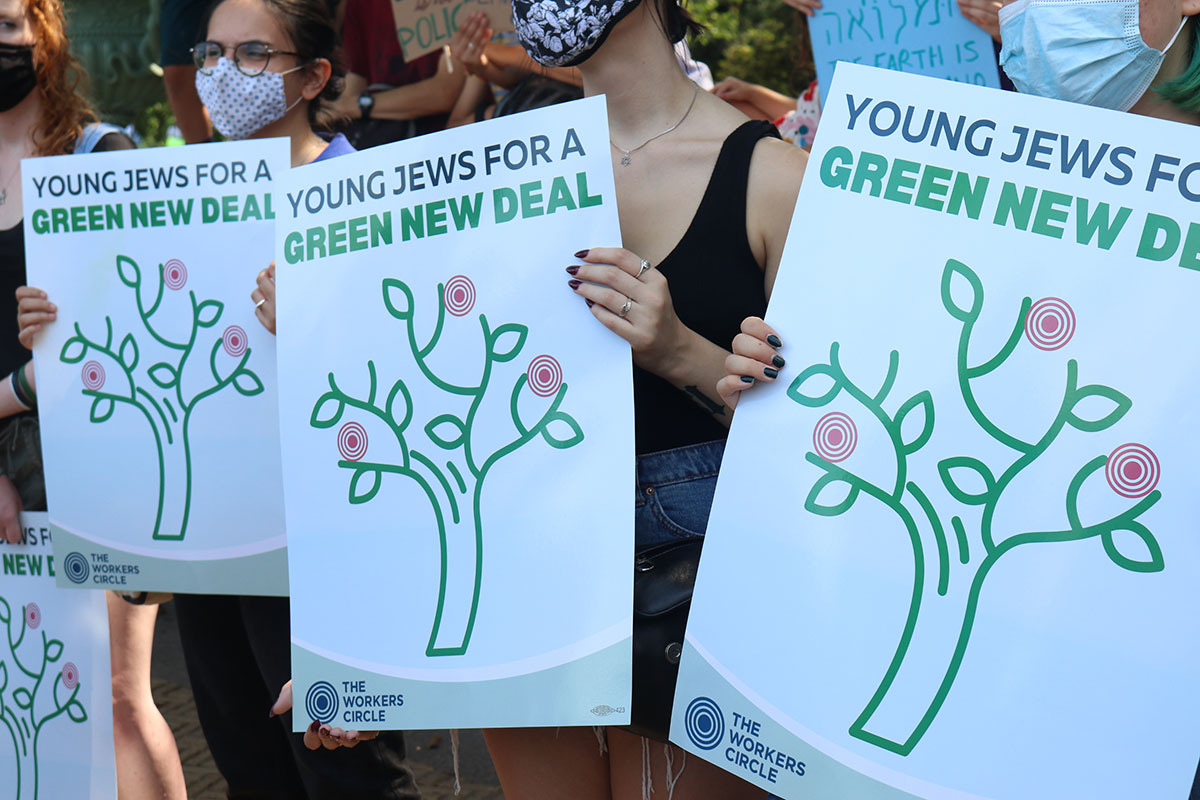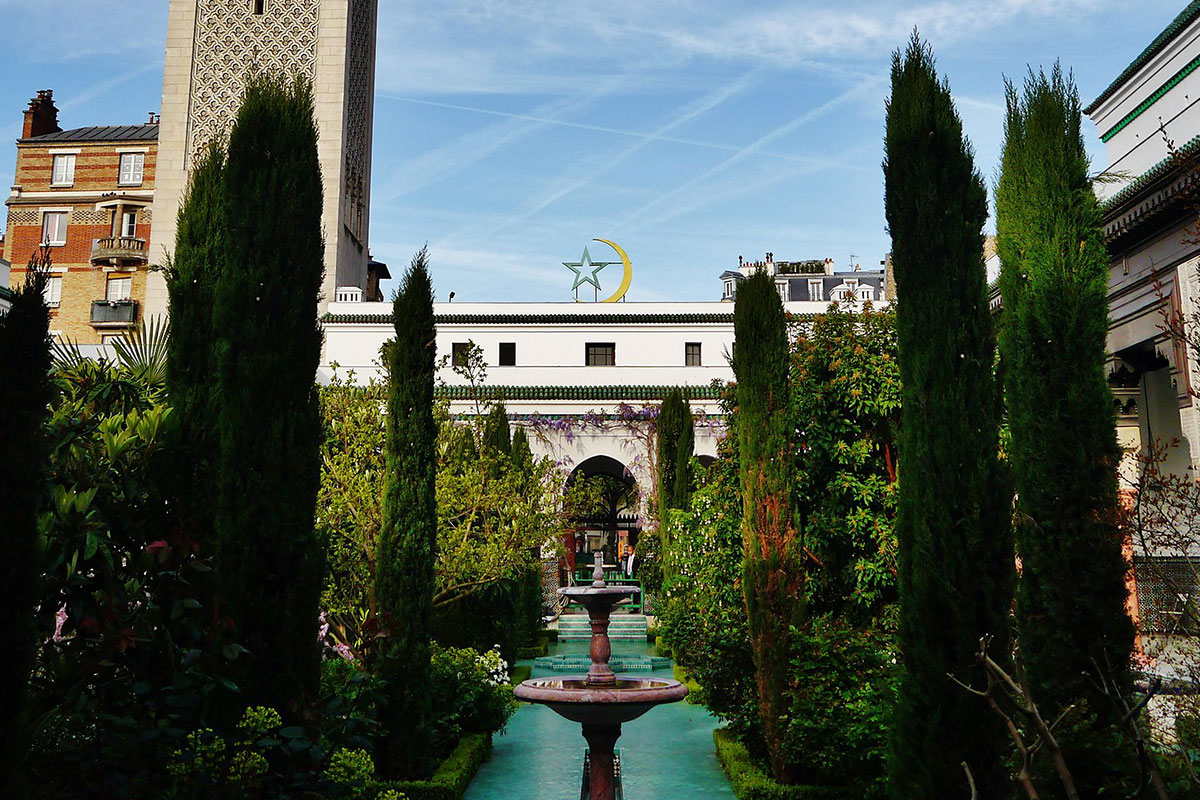Communities around the United States and the world need clean air, water, and sustainable food. At the 2022 Folklife Festival, we learned from communities that are taking steps to clean up waterways, revive traditions, create green spaces, and reduce their impact for a cleaner, healthier future toward environmental justice for all.
What are some things you can do at home to reduce waste? What can you grow in your own backyard to promote pollinators or provide food for you and your family? How are youth taking a lead on environmental action in their communities?
We joined local organizations including the Anacostia Watershed Society, working to make the Anacostia River swimmable and fishable by reducing pollution, restoring natural systems, and reconnecting the community to the river.
Visitors learned about and help address urban food justice. From planning collaborative spaces like roof gardens to hydroponic greenhouses that grow healthy food, visitors discovered how urban food hubs help prevent “food deserts” to provide healthy choices.
We explored how seed saving helps maintain food sovereignty, or control over local and native food systems. Bring your own heirloom seeds to share and learn how heritage crops can be part of food security and climate solutions.










